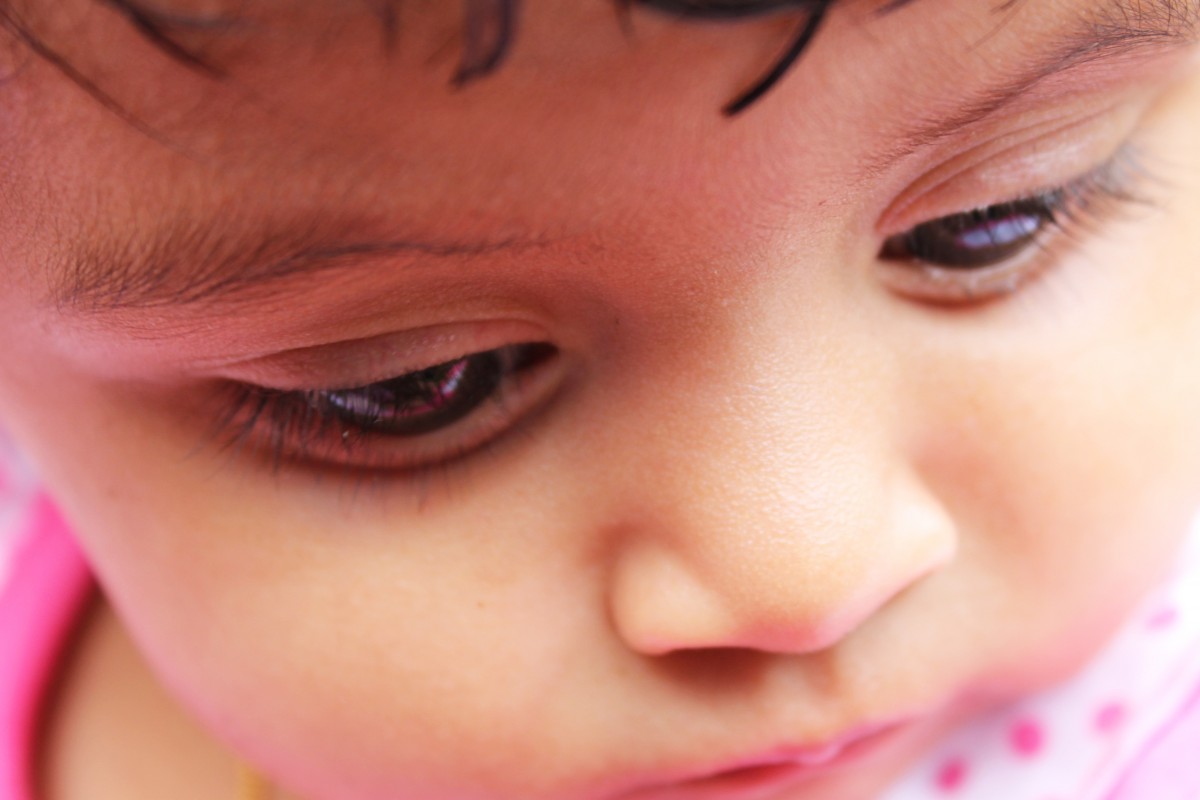
Protecting Infants: Understanding Mumps, Its Impact, Prevention, and Treatment
Protecting Infants: Understanding Mumps, Its Impact, Prevention, and Treatment
Mumps is a contagious viral infection that poses a significant risk to infants. This comprehensive article aims to provide valuable insights into mumps, including its symptoms, prevention measures, available treatment options, and the importance of vaccination. By understanding the impact of mumps on infants and taking necessary precautions, we can ensure the well-being of our youngest community members.
Mumps and Its Effects on Infants

Mumps is caused by the paramyxovirus or “mumps virus” and is highly contagious, especially among infants and young children. Infants infected with mumps may experience fatigue, headaches, muscle pain, and fever. The virus primarily affects the salivary glands, particularly the parotid glands on either side of the face in front of the ears. This inflammation of the parotid glands, known as “parotitis,” is characteristic of mumps and can be particularly uncomfortable for infants.
Mumps can also affect other glandular organs, including the pancreas, in rare cases, leading to mumps pancreatitis. While this form is generally rare and resolves without complications, it is crucial to monitor and seek medical attention for infants who may be affected. Additionally, mumps can cause complications such as meningitis or encephalitis, although rare.
Preventing Mumps in Infants
Prevention plays a vital role in safeguarding infants from mumps. Vaccination is the most effective method of prevention. The MMR (measles, mumps, and rubella) vaccine is routinely administered to infants, usually in two doses. This vaccine protects against mumps and other related diseases. We can significantly reduce the risk of mumps infection and its potential complications by ensuring that infants receive the recommended vaccinations on schedule.
In addition to vaccination, practicing good hygiene habits is essential in preventing the spread of mumps. Encourage regular handwashing, especially before handling infants, and avoid close contact with individuals experiencing mumps symptoms. If there is an outbreak of mumps in the community, it is crucial to follow any guidelines or recommendations provided by healthcare authorities to protect infants and prevent further transmission.
Contagion and Diagnosis
Mumps is transmitted through saliva or respiratory secretions. Infants can contract the virus from infected individuals who may exhibit no symptoms. The incubation period for mumps typically lasts from 18 to 21 days. Contagion is highest 1 to 2 days before the onset of symptoms and persists for approximately 5 days after that.
Diagnosing mumps in infants is primarily based on clinical evaluation by healthcare professionals. While additional tests are rarely necessary, serological tests may be conducted in cases where the diagnosis is uncertain or the symptoms atypical. These tests involve analyzing blood samples to detect antibodies against the mumps virus, providing confirmation of the infection.
Treatment and Supportive Care
Currently, there is no specific cure for mumps. Treatment focuses on providing supportive care to manage symptoms and promote infant comfort. Medications may be prescribed to alleviate fever and pain associated with the infection. It is important to note that antibiotics are ineffective against mumps since it is a viral infection, and antibiotics only target bacterial infections.
Ensuring Infant Safety
Maintaining a safe and healthy environment is crucial to protect infants from mumps. Encourage regular vaccinations and keep track of recommended immunization schedules. Implement hygienic practices, such as frequent handwashing and sanitization of toys and surfaces. Additionally, avoid exposing infants to individuals who display mumps symptoms, and promptly seek medical attention if any concerns arise.
Understanding mumps and its potential impact on infants is essential for their well-being. By prioritizing prevention through vaccination, practicing good hygiene habits, and seeking appropriate medical care, we can safeguard infants from the risks associated with mumps. Together, let’s ensure the health and safety of our precious little ones, protecting them from this contagious viral infection.
You May Also Like

How to Calm Conflicts Between Brothers and Sisters
2022-05-19
Nurturing Relationships: Exploring the Most Common Positive Parenting Techniques
2023-07-13

